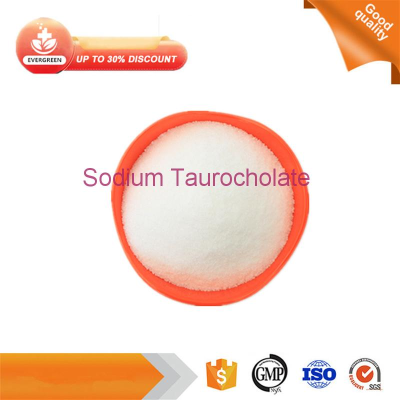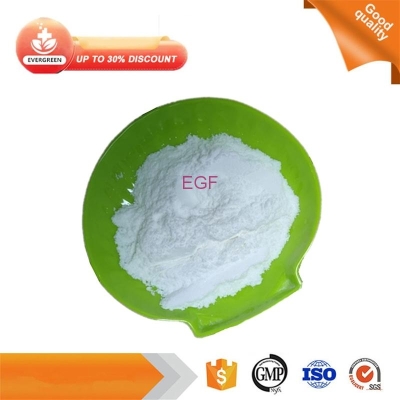-
Categories
-
Pharmaceutical Intermediates
-
Active Pharmaceutical Ingredients
-
Food Additives
- Industrial Coatings
- Agrochemicals
- Dyes and Pigments
- Surfactant
- Flavors and Fragrances
- Chemical Reagents
- Catalyst and Auxiliary
- Natural Products
- Inorganic Chemistry
-
Organic Chemistry
-
Biochemical Engineering
- Analytical Chemistry
- Cosmetic Ingredient
-
Pharmaceutical Intermediates
Promotion
ECHEMI Mall
Wholesale
Weekly Price
Exhibition
News
-
Trade Service
At present, there is a large amount of research evidence that the intestinal microbiota directly affects the balance of pro-inflammatory and anti-inflammatory reactions in the intestine.
At present, there is a large amount of research evidence that the intestinal microbiota directly affects the balance of pro-inflammatory and anti-inflammatory reactions in the intestine.
Because microbes rely on dietary substrates in the intestine, the intestinal microbiome is often regarded as a medium through which food plays a role in promoting inflammation and anti-inflammatory.
Because microbes rely on dietary substrates in the intestine, the intestinal microbiome is often regarded as a medium through which food plays a role in promoting inflammation and anti-inflammatory.
Ingredients added during food processing, including dietary emulsifiers, antibacterial additives and artificial sweeteners, can promote intestinal permeability and inflammation by increasing mucus bacteria and endotoxins.
Common pro-inflammatory foods and anti-inflammatory foods
Common pro-inflammatory foods and anti-inflammatory foodsBecause microorganisms thrive on dietary substrates, some scientists have raised questions-can we nourish an anti-inflammatory intestinal ecosystem? To this end, experts from the Department of Gastroenterology and Hepatology of the University of Groningen in the Netherlands investigated the relationship between 173 dietary factors and the microbiome of 1,425 people across four cohorts, aiming to reveal diet and gut microbiota And their functional ability to induce intestinal inflammation.
The researchers selected four cohorts of Crohn's disease, medsci.
medsci.
The results showed that there were 38 associations between eating patterns and microbiota .
The results showed that there were 38 associations between eating patterns and microbiota .
Among them, processed foods and animal-derived foods are always related to higher Firmicutes, Ruminococcus species of Blautia and the abundance of endotoxin synthesis pathways.
Unsupervised cluster analysis of diet reveals common food patterns.
Unsupervised cluster analysis of diet reveals common food patterns.
Certain foods and nutrients are related to the types of microorganisms known to infer mucosal protection and anti-inflammatory effects.
In summary, plant-based diets can protect the intestinal mucosa and protect against inflammation.
references:
references:bmj.
bmj.
com/content/early/2021/03/08/gutjnl-2020-322670" target="_blank" rel="noopener">Long-term dietary patterns are associated with pro-inflammatory and anti-inflammatory features of the gut microbiome.
Leave a message here







